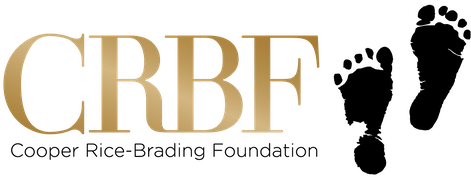Information for people with cancer about COVID-19
Whether you have cancer currently, had cancer in the past, or are caring for a loved one with cancer, the situation may be more challenging than usual. Your treatment team and all those working in cancer support and care, are working as hard as we can to make sure that you receive the best treatment and outcomes possible.
People with compromised immune systems or pre-existing medical conditions, including cancer, may be at increased risk of contracting coronavirus (COVID-19) and increased risk of more severe infection.
Everyone should practice good hygiene to protect against infection, including people who have had cancer
Good hygiene includes:
- washing your hands often with soap and water for at least 20 seconds, or using alcohol-based hand sanitiser
- using a tissue and cover your mouth when you cough or sneeze
- avoiding close contact with others, such as touching
- avoiding touching your eyes, nose and mouth.
People at increased risk of getting sick from COVID-19, such as people receiving treatment for cancer, and people living with metastatic cancer
As well as practising good hygiene:
- ensure you have adequate prescription and over-the-counter medications
- try to keep space between yourself and others
- when you go out in public, avoid crowds, stay away from others who are sick, limit close contact and wash your hands often for at least 20 seconds, or using alcohol-based hand sanitiser
- avoid non-essential travel.
If there is a COVID-19 outbreak in your community, stay home as much as possible to further reduce your risk of being exposed.
For family, friends and carers of people at increased risk of getting sick from COVID-19
Follow advice for good hygiene to protect against infection, including:
- washing your hands often with soap and water for at least 20 seconds, or using alcohol-based hand sanitiser for at least 20 seconds, or using alcohol-based hand sanitiser
- using a tissue and cover your mouth when you cough or sneeze
- avoiding close contact with others, such as touching
- avoiding touching your eyes, nose and mouth.
Avoiding contact with people in the community who are unwell.
There is no vaccine for COVID-19 yet. However, this year, it is important to have your influenza vaccination as early in the flu season as possible.
Useful COVID-19 information links
Current status on COVID-19 in Australia – Department of Health (Australia)
COVID-19 Consumer messaging kit – HealthDirect’s answers to questions and symptom checker
Advice for the public about COVID-19- World Health Organization
Coronavirus Health Information Line
Call this line if you are seeking information on novel coronavirus. The line operates 24 hours a day, seven days a week.
Phone: 1800 020 080
The Cancer Council Helpline
Cancer Council is a free, confidential telephone information and support service run by Cancer Councils in each state and territory. Call if you have a question about cancer, or if you’re seeking emotional or practical support.
Phone: 13 11 20
Follow us on Twitter @CancerAustralia to get news and updates.
Cancer Australia information hub about COVID-19 and cancer
Cancer Australia has released an Information about cancer and COVID-19 website hub, providing advice and information for Australians affected by cancer and a repository of up-to-date, evidence-based resources and guidance for health professionals and researchers from Australian and international organisations in the wake of the coronavirus (COVID-19) pandemic.
The website will be updated as new information is released.


